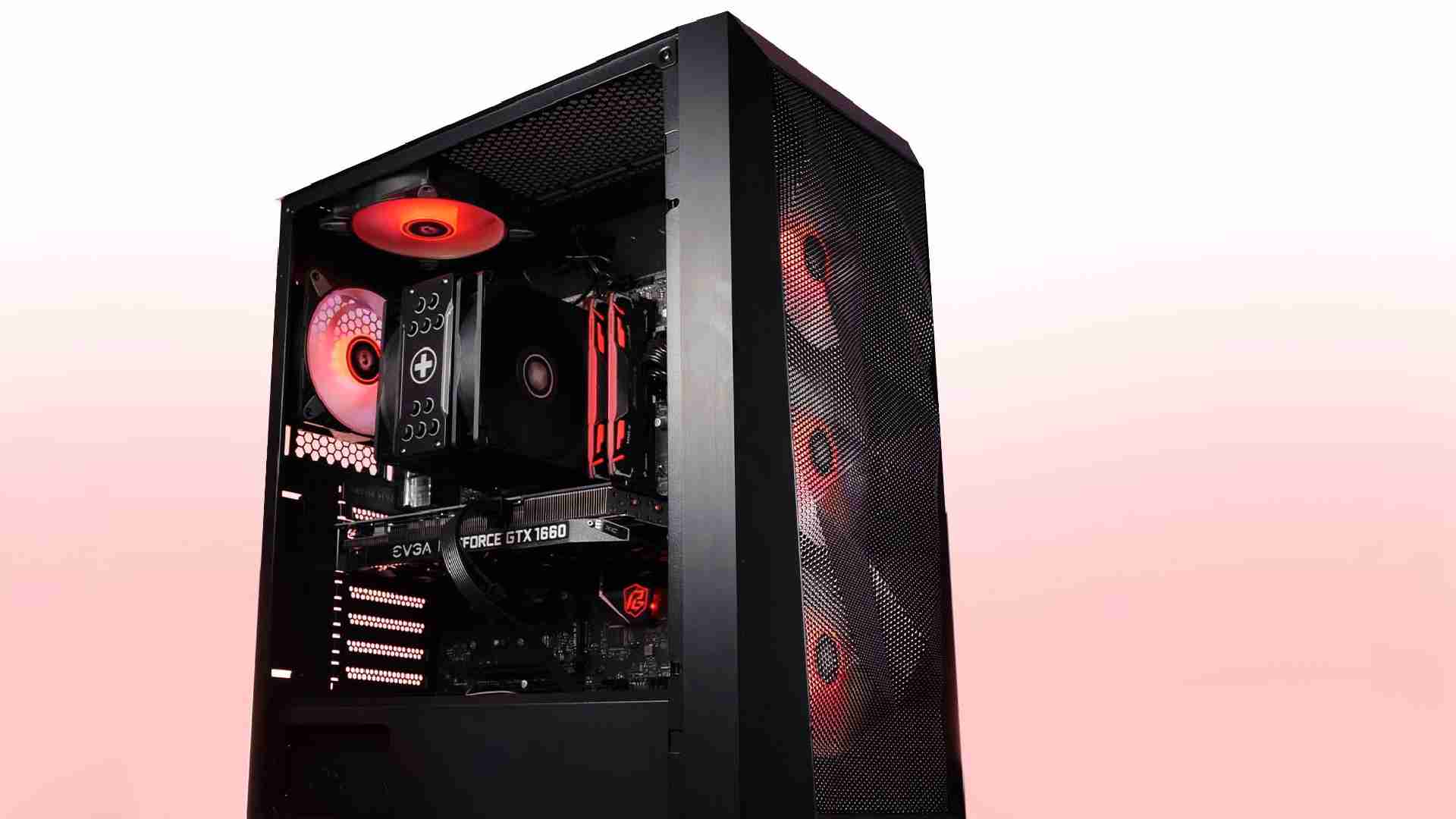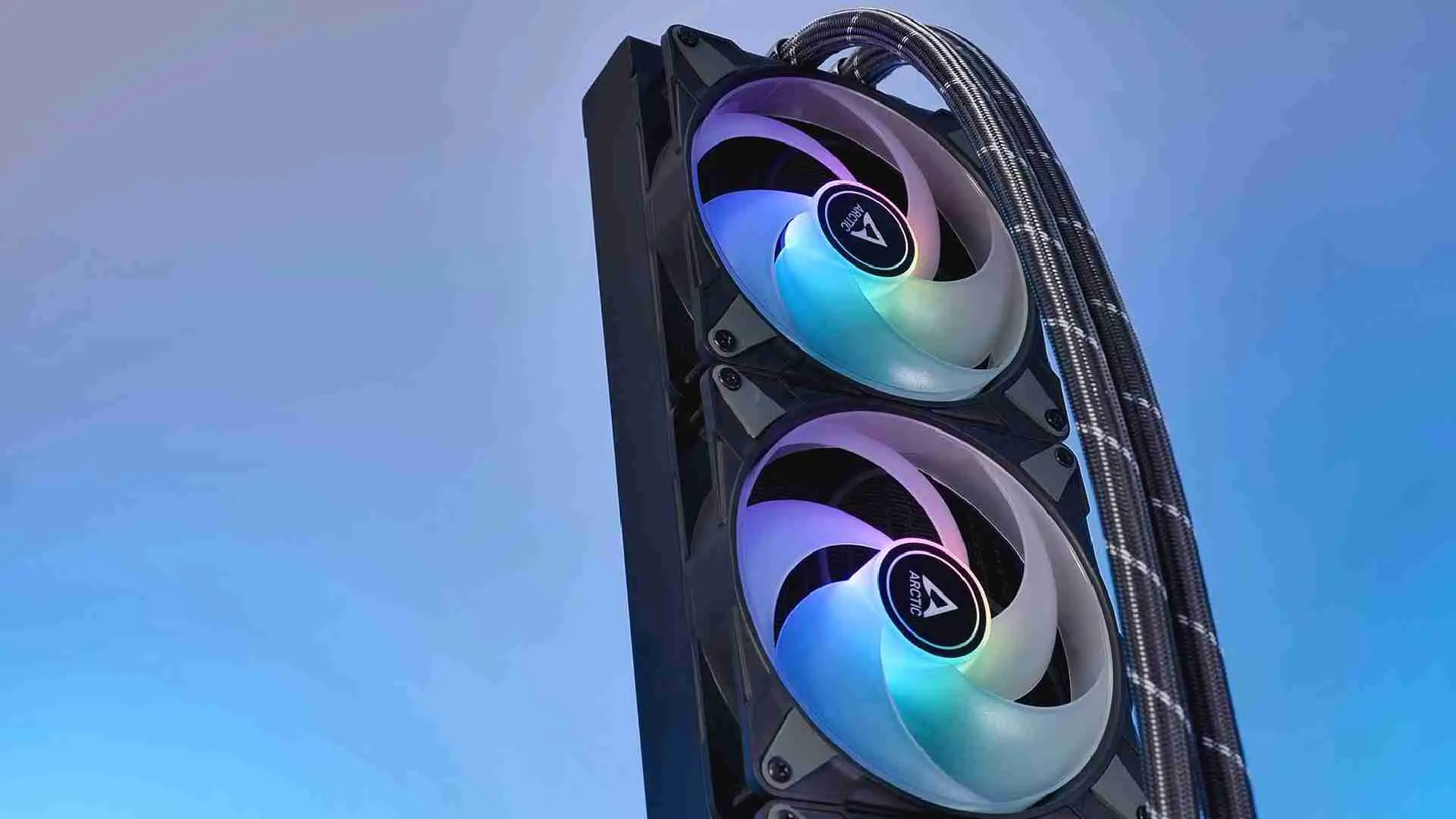AMD Ryzen 7700X Review
Introduction
While the 7600X & 7900X turned out to be impressive CPUs, let's find out if the 7700X can keep the middle ground in AMD's favor!
Positive
- Excellent Gaming Performance
- Excellent Single-threaded Performance
- Excellent Multi-threaded Performance
- Overclockable by default
- PCIe Gen 5 Support
- DDR 5 Support
- Integrated graphics
Neutral
- New Socket
Negative
- Requires good cooling
- Not really good enough to beat the 7600x in Gaming
Ryzen 7000 Lineup and Pricing

On September 27, 2022, AMD's Ryzen 7000 lineup of mid to high-tier CPU launches. Similarly to the Ryzen 5000 launch in 2020, there will be 4 models available immediately:
- Ryzen 9 7950X
- Ryzen 9 7900X
- Ryzen 7 7700X
- Ryzen 5 7600x
Although launching 4x models at once can be seen as a tradition by now, this year's Ryzen Lineup will not feature a Ryzen 7 X800x, but a 7700X instead. As of now, there has been no announcement or confirmation of additional CPU's for the near future. However, as AMD has filled up its lineup with other models in the past, we believe it is just a matter of time until a 7800x/7300x/... will be unveiled.
| Name | Ryzen 9 5950x | Ryzen 9 5900x | Ryzen 7 7700x | Ryzen 5 7600x |
| Price | $699 | $549 | $399 | $299 |
| Core/Threads | 16/32 | 12/24 | 8/16 | 6/12 |
| Base Clock | 4.5GHz | 4.7GHz | 4.5GHz | 4.7GHz |
| Boost Clock | 5.7GHz | 5.6GHz | 5.4GHz | 5.3GHz |
| Cache | 80MB | 76MB | 40MB | 38MB |
| TDP | 170W | 170W | 105W | 105W |
Pricing

Although we have expected it, the new Ryzen 7000 does not come with a price increase. Quite the reverse! While the Ryzen 7600x and 7900x are getting the same price tag as their Ryzen 5000 predecessors did, the 7950x got a $100 price reduction over the last generation's predecessor.
AM5 Socket
Although the price stayed the same (or lower) despite inflation, upgrading to a new Ryzen 7000 CPU is not as easy as it was before.
With Ryzen 7000, AMD introduced 4 new types of Chipsets: X670E, X670, B670E, and B670. All of which, are using their new AM5 Socket.
Since the first Ryzen CPU as well as most other CPUs before that, AMD has been using a PGA system for their chips. In contrast to Intel, the connecting pins between the CPU and the Motherboard have been sitting on the CPU side.
With this year's Ryzen 7000 lineup, this will change. From now on, AMD's Ryzen CPUs will rely on the same approach Intel has been using for decades.
.png)
This does come with quite some consequences though. One of Ryzen's most beloved features is its backward and forward compatibility. Not only did AMD keep up their promise of making their Motherboards and CPUs compatible for an unprecedented amount of time. The moment their customers wanted to enlarge this timeframe for the Ryzen 5000 Line, AMD followed their wishes.

With the introduction of a new socket, however, keeping this promise becomes an impossible task.
Therefore, although the prices have not increased, an upgrade to a Ryzen 7000 CPU will not only include the CPU and a new Motherboard, but also a new Set of RAM as Ryzen 7000 is simultaneously updating its socket and RAM generation.
Zen 4

Zen 4 is the architecture powering AMD's new Ryzen 7000 Lineup. Similarly to Zen 3, the new iteration still features up to 2 CCDs, however, this year it is built on TSMC's 5nm process.
Hidden under the generational number increase is also a doubling of L2 Cache, Up-to 15% IPC increase, DDR 5 support, PCIe Gen. 5 Support, and 5Ghz boost by default.
On the higher end, Zen 4 is limited by a maximum of 24 cores, a version that may come out at a later date.
A useful addition to Zen 4's capabilities compared to previous versions is the mandatory addition of AMD's RDNA 2 graphical unit. Although it has been emphasized multiple times by AMD, and we would confirm it, it is NOT a Game-ready GPU. Featuring only 2 cores at 2200Mhz, this miniature of a GPU is meant to be used solely to run a monitor.
Thanks to the addition of an iGPU, debugging a system has been made much easier.
Benchmarks
Testing Equipment
In order to fully explore the Ryzen 7900x's capabilities, we compared it to the previous Ryzen lineup as well as Intel's 12th Gen Lineup.
The Ryzen 7000 Benchmark setup consists of a Gigabyte Aorus Master X670E in combination with 2x sticks of G.Skill TridentZ5 Neo DDR5 6000MhzCL30 16Gb.
The Intel 12th gen setup consists of an ASRock Z690 Taichi motherboard combined with the exact same ram used in the Ryzen 7000 Setup.
The Ryzen 5000 setup consists of an Asus X570 motherboard and 2x sticks of Thermaltake Thoughram 3600Mhz CL18.
Each setup has been used with an individual Samsung 980 Pro SSD, a be quiet! Dark Power Pro 12 power supply and an Asus TUF RTX 3090 TI GPU.
The result of each benchmark shown below is an average value gained upon 3 individual runs.
Synthetic Benchmarks
Cinebench R23 Single Thread

In Cinebench R23 Single-Thread Mode, the 7700x scored 1979pts. This closes the Gap of all Ryzen 7 being at the top of the benchmark list in perfect order.
Cinebench R23 Multi Thread

Allowing every core to contribute raised the score to 19729. Compared to Intel's 20-Thread 12700k, this positioned it 15% behind.
Handbrake h264-h265

Transcoding a 2 minutes file into h265 took 333 seconds, a few seconds quicker than Intel's 12700k.
Premiere Pro

Exporting a 2 minutes Timeline with multiple effects took 215second. This places it about 4% behind Intel's 12700k. Compared to the previous generation 5700x, the benefits are enormous.
Time Spy

Taking only the CPU score of 3DMark Time Spy's benchmark gave the 7700X 14513 points. About 2% behind the 12700k.
Corona Render

Continuing the same trend, Corona showed the 7700X to be 4% behind the 12700k.
Blender

Considering that the 7700X was always behind the 12700k in working-related tasks so far, Blender took the biggest hit. Taking 117seconds to finish the BMW render positioned the 7700x 17% behind the 12700k.
3DMark CPU Profile

3DMark's CPU Profile Benchmark allowed us to see the consistency of the new Zen 4 chips. The 7600x, 7900x and 7700x performed almost identically until 8 threads were being used, the 7900x and 7950X then took off making to the top of our list.
Gaming Benchmarks
Shadow of the Tomb Raider

If there is one benchmark showing how consistent Ryzen 7000 chips are performing considering only a specific number of cores/threads are being used, then it's SOTR. With exactly 260FPS, the 7700x perfectly aligned itself with the 7900X and 7950X.
Far Cry 6

In Far Cry 6, the 7700X managed to stay at the top, however, in contrast to every other Ryzen 7000 Chip, it did not manage to outperform the famous 5800X3D.
Metro Exodus

Continuing AMD's dominance in the gaming category, the 7700X managed to score second place in Metro Exodus with an average of 207 FPS.
F1 2020

The exact same trend continued on for Formula 1. With 435 FPS average, the 7700X doubled down on the second position.
Ryzen 7700x vs 5700x

Similarly to the 7600X & 7900x, the 7700X made just as many advances compared to its previous generation 5700X. On average, we saw a 34% increase in performance. Funnily enough, this number is also surprisingly consistent with Software getting a 33% boost and games an up to 39%.
Looking at this graph, there is no doubt that going from a Ryzen 5000 to a Ryzen 7000 chip, we can expect about a third more performance.
Ryzen 7700x vs 12700k

Looking at the direct comparison of a 12700K and 7700X in every benchmark we performed painted an extremely clear picture. The 12700k is better at working while the 7700X is better at games.
With a 20% average in creating in gaming performance, the 7700X was definitely squeezing a lot more frame out.
For the working side, however, the 12700k dominated just as much. Although the average for software ended up being 3% in Intel's favor, this number is slightly misleading. Concentrating on only single-thread workloads, the difference between a 12700k and 7700X turned out to be quite small.
However, as soon as all threads are allowed to work on the load, the difference quickly grows to as big as 17%. Therefore, although the average of all of these numbers is only 3%, the actual benefit when using full-blown software will be somewhere between 5-15%.
Summary

The Ryzen 7700X ended up in a very difficult spot. Although it is undeniably true that the 7700X is outperforming Intel's 12700k in all gaming-related tasks, so does the 7600X. However, jumping from a 7600X to a 7700x does not provide the user with any gaming-related benefits at all.
On the working-related performance front, this issue becomes clear. While the 12700k is still having the upper hand in most scenarios, there is a surprisingly small jump in performance going from a 7600X to a 7700X. The 7900X in comparison brings a lot more to the table. Especially if you would compare a 7600X to a 7900X.

To put it short, the 7700X is not good enough in gaming to justify it over a 7600X, all while it is also not good enough in working-related tasks to justify a 7700X over a 7900X with the options of a 7600X and 12700k available.
All in all, we believe that as an independent product, the 7700X is an excellent CPU. The generational increase over Ryzen 5000 is just as remarkable as it was for any other Ryzen 7000 chip. However, due to the 7600X being so good in gaming, and the 7900X being such a workhorse, we just cannot see a 'real' use case for this CPU.
If you favor Gaming- go for a 7600X.
If you want to work- go for a 7900X.


Geometric Future Squama 2505 Review
With their Squama 2505, Geometric Future promises exceptional performance at peak Static Pressure! Lets find out how well the
Read More
Alphacool Core 140 3200RPM Review
As the last model out of Alphacools Core Series of all rounder fans, we have the 3200RPM quick 140mm model. Although the 2500
Read More
Xilence Breeze X712 XG131 Review
The Xilence Breeze combines best of both worlds, high compatibility and a highly efficient airflow design. With its included
Read More
Arctic Liquid Freezer II 420 / ARGB Review
Arctics Liquid Freezer II Lineup is known to be one of the best on the market. Each time we review one of them it pushes the
Read More